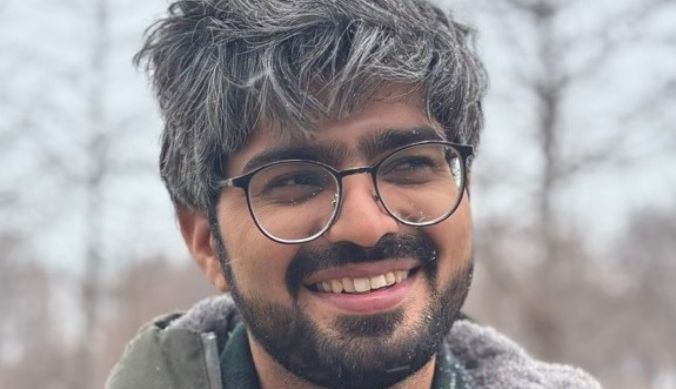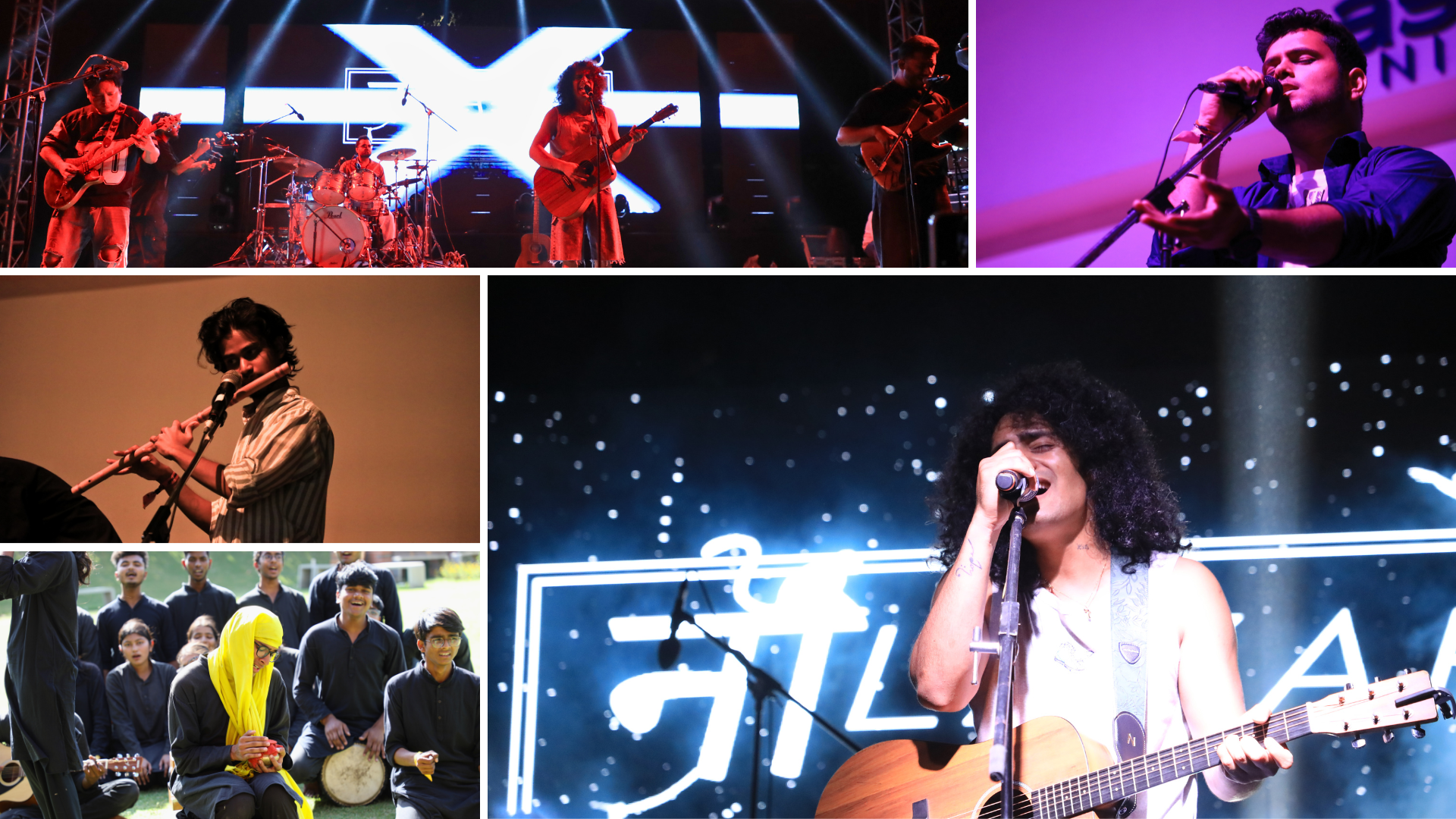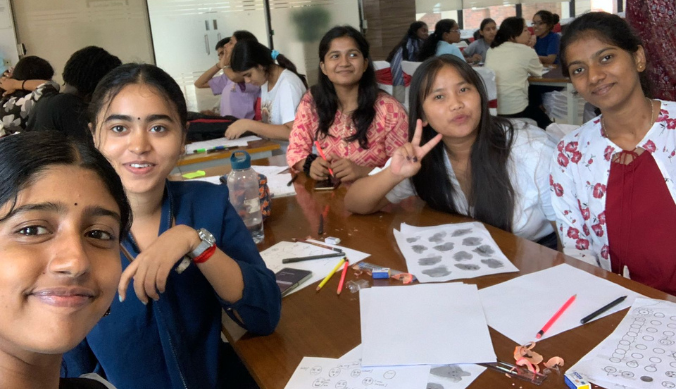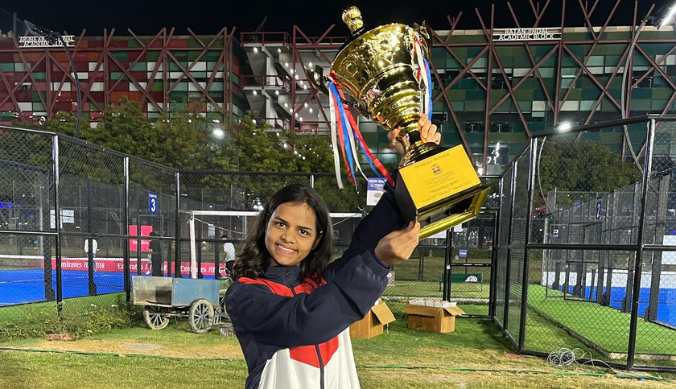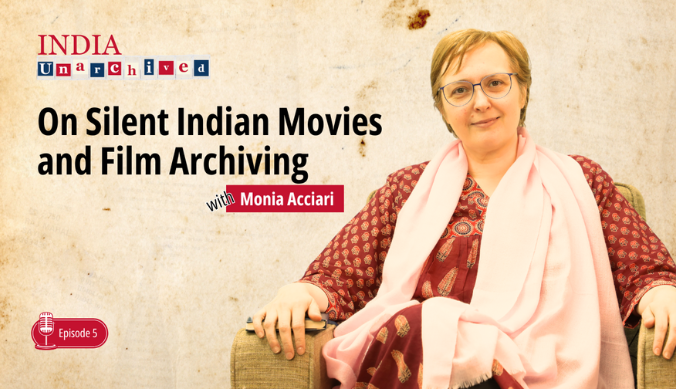The Transformative Journey of Ashoka Library: From Shanghvi to HDFC
This metaphor was rightly coined in 1873 by Charles W Eliot, long-time president of Harvard. As the pages of time turn, we find ourselves at a significant milestone: the 10th anniversary of Ashoka University Library. Over the past decade, this haven of learning has grown from a modest repository of books and resources into a vibrant knowledge centre of academic excellence.
“The library is the heart of the university.”
Ashoka University Library was founded in July 2014 with a physical collection of approximately 700 volumes of books. Thanks to the visionary leadership of the top academic administrators, the library’s physical collection of books grew to approximately 12,500 by the end of 2014.
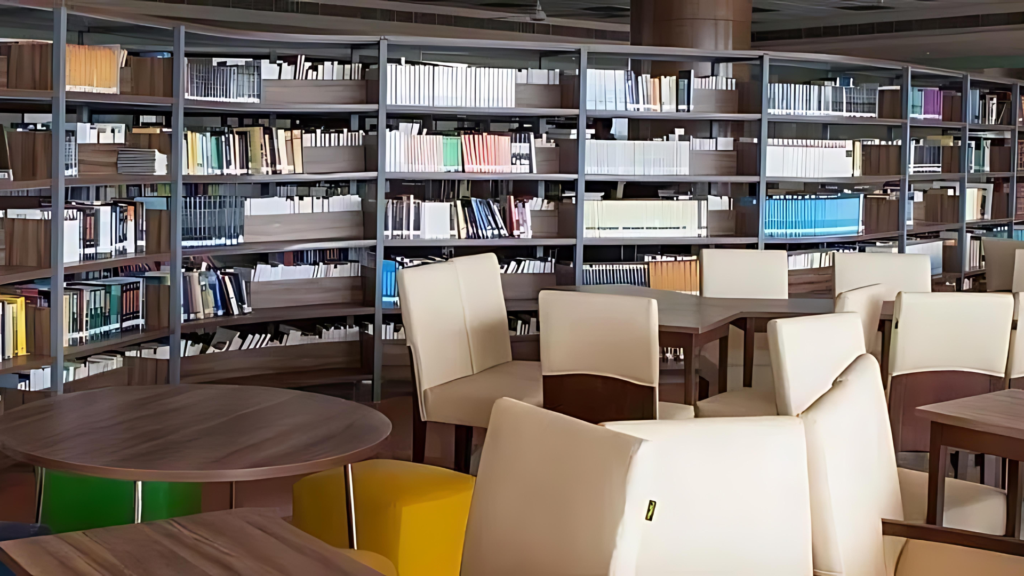
Initially, under the leadership of Dr. Rangashri Kishore, the library did not prioritise the acquisition of electronic resources for its users. However, during her tenure as the library director, the library expanded its role by becoming a community library and launching mobile library services, which were highly beneficial for young rural students in the areas surrounding the university in Sonipat. In the main library, the primary focus remained on the collection of physical books and newspapers. Additionally, we organised a one-day workshop on KOHA library management software for school libraries and a one-day conference on the topic “Impact of Technology on Art and Culture: Managing Libraries and Archives,” in collaboration with the UN Information Center in New Delhi, which was attended by nearly all library professionals and selected academic members.
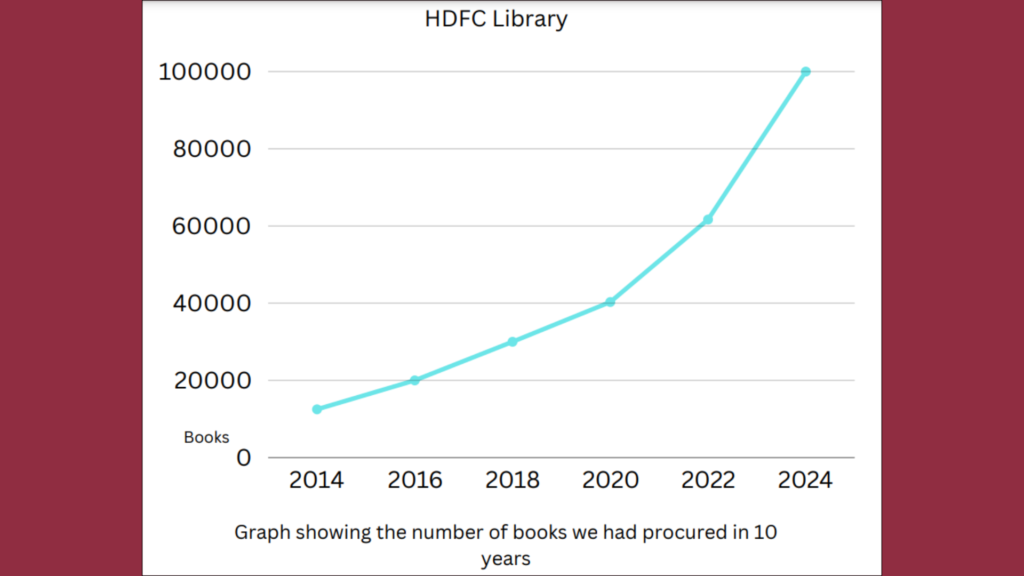
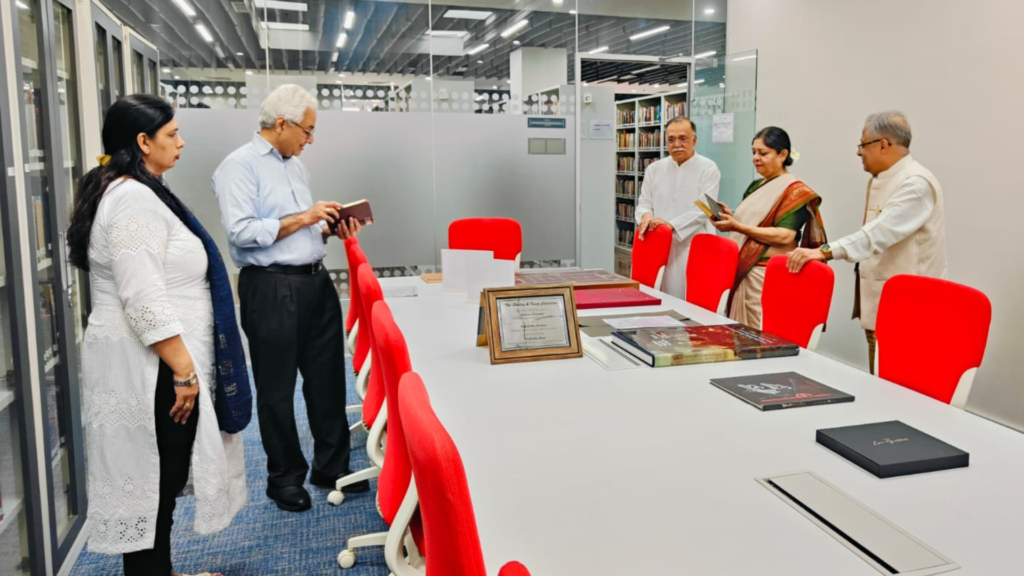
In 2019, Mr B.P Prakash joined Ashoka University library. He focused on transitioning our collection from physical to electronic formats. While physical book purchases remained relatively unchanged, there was a significant increase in electronic resource procurement during his tenure from 2019 to 2023. The library also began automating during this time, with the addition of self-check machines and OPAC kiosks. RFID tags and security strips have already been implemented in books since the library’s inception in 2014. The library adopted a hybrid model, providing remote access to electronic resources through a portal. This proved invaluable when the COVID-19 pandemic struck, as we had recently implemented a remote access platform. In February 2023, we successfully conducted a three-day International Conference on “Evolving Library Ecosystem in the AI/Machine Learning Landscape” in collaboration with Informatics India Pvt. Ltd.
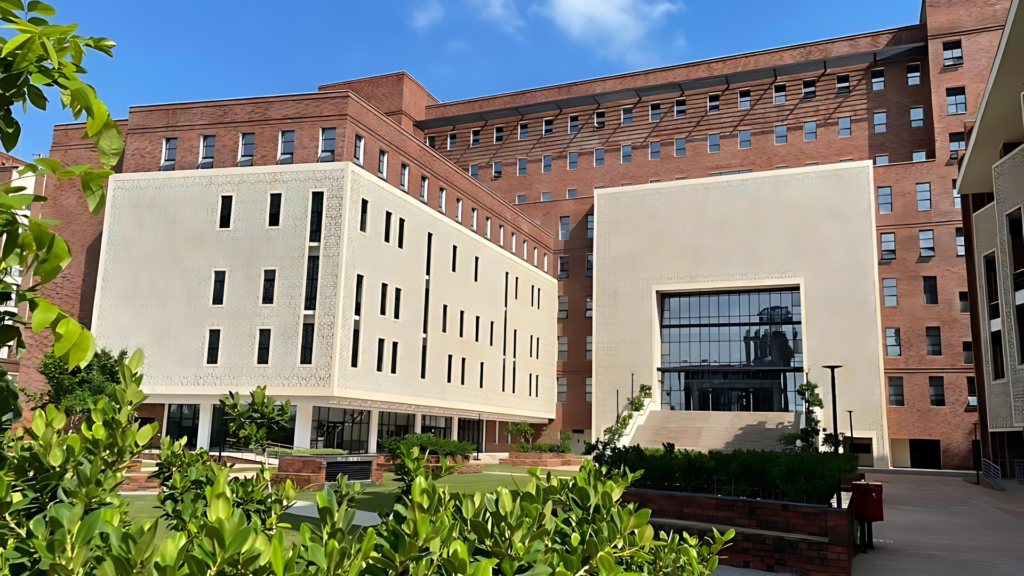
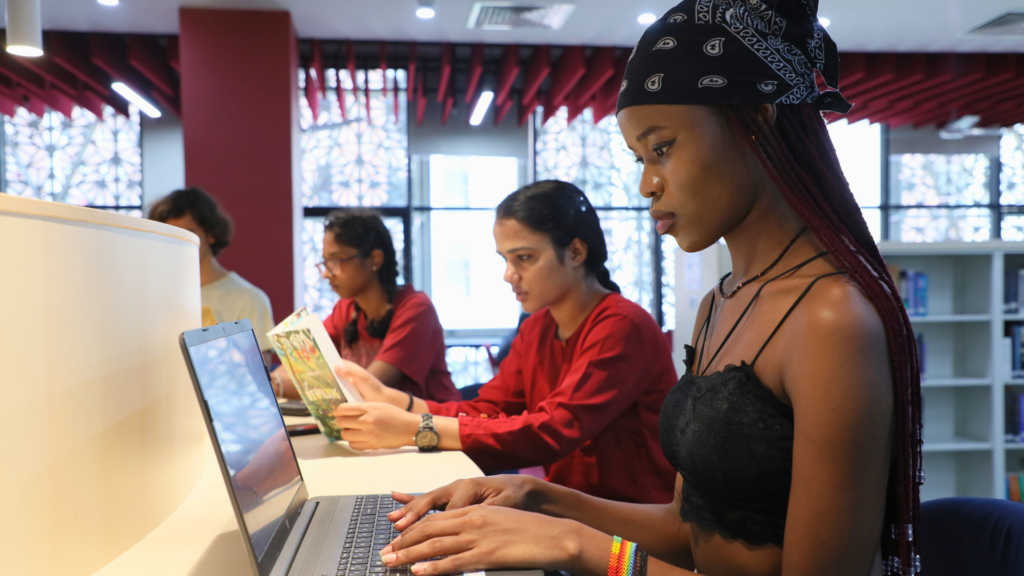
By the time our library book collection was approaching 40,000 volumes, we expressed the need for more space in the Shanghvi library. The university prioritised this proposal and constructed a new library building in a central location. The modern library building was completed in July 2021, and we successfully moved our collection there within a week. The university provided essential amenities to facilitate the move, ensuring minimal cost and adherence to COVID-19 guidelines. We relied solely on our internal resources for the relocation process.
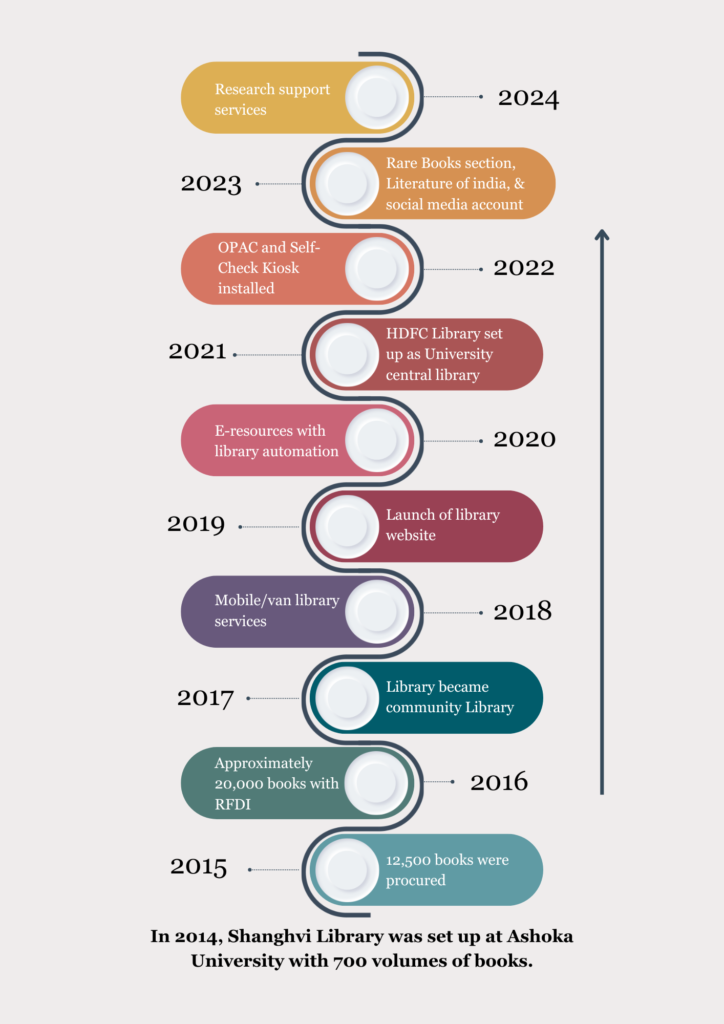
The number of books catalogued annually was highest during this period due to the significantly reduced number of students entering the library. This allowed us to catalogue major donations from the personal collections of Sheldon Pollock, Devahuti Damodar, and others. Along the passage of time, there was incremental growth in the collection of both physical and electronic resources of the library, and very proudly we declared ourselves a hybrid library.
After some time, the library expanded its scope and ventured into research. We began focusing on supporting students and faculty members with a deep interest in research. In 2022, Prof. Malabika Sarkar, the then Vice-Chancellor of the university, proposed the creation of a Rare Books Section and the Literature of India Project.
Currently, the Rare Books Section houses approximately 850 books, covering nearly every subject in the arts and humanities. As part of the Literature of India Project, we have so far acquired books in 10 languages and aim to procure books in all 22 languages listed in the 8th Schedule of the Constitution of India.
In the beginning of 2024, Dr. Shantanu Ganguly joined as the Director of the library. He aims to bridge many gaps and bring transformative changes to the library. Research is his primary focus, and he is committed to providing all possible support to researchers across all fields. The creation of the DRSS platform is a clear example of this commitment. In March 2024, we also organized a one-day conference on the theme “Open Access as a Knowledge Platform for Sustainable Development Goals.”

Many things are now streamlined. The library has its own calendar and holds seminars and webinars on relevant topics on a recurring basis. We aim to keep transforming the library to match up with the advancements in the field of knowledge and innovation.
(Compiled by Dr Bibhuti Nath Jha and Kirti Dalal)
Study at Ashoka









